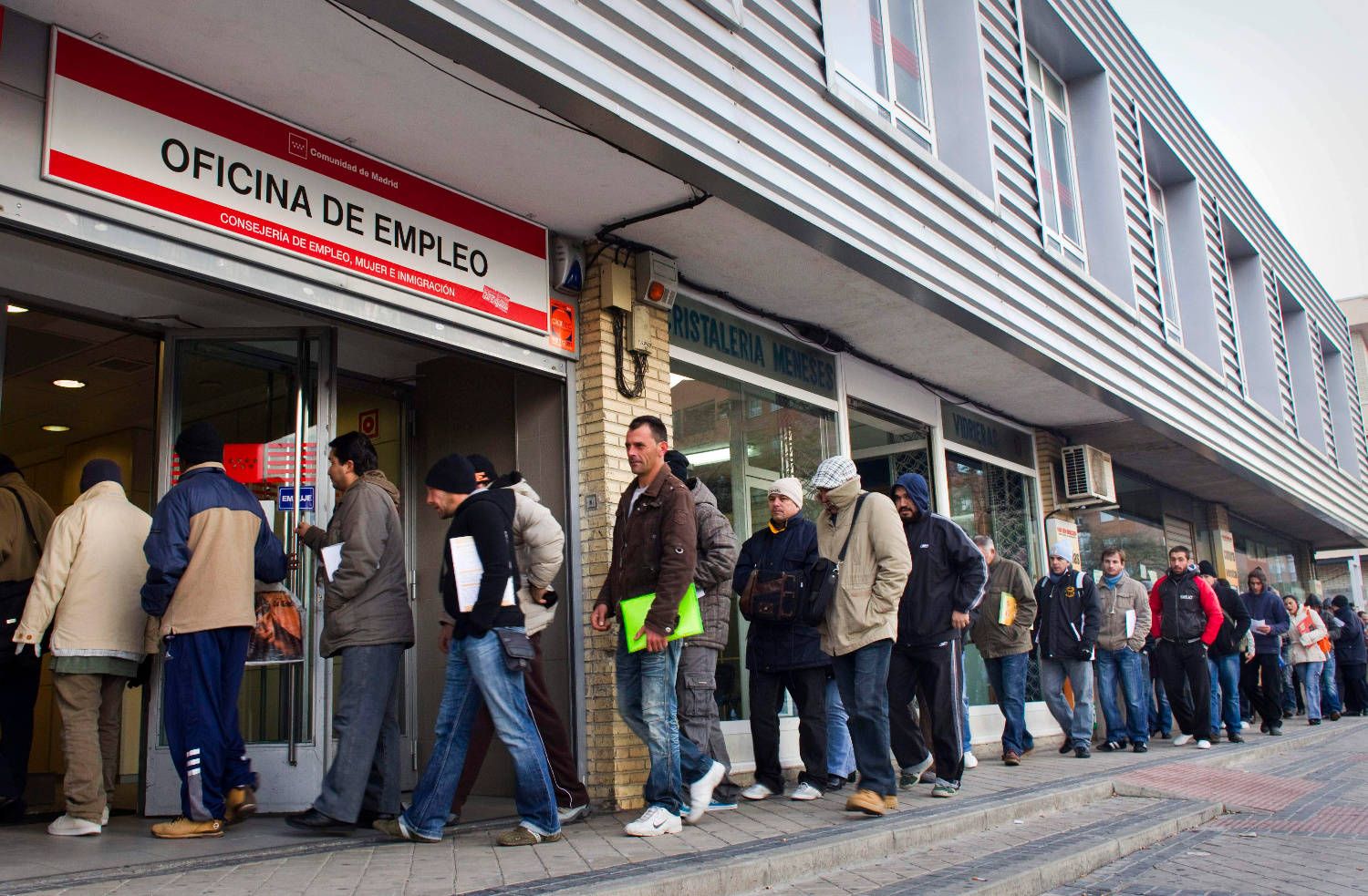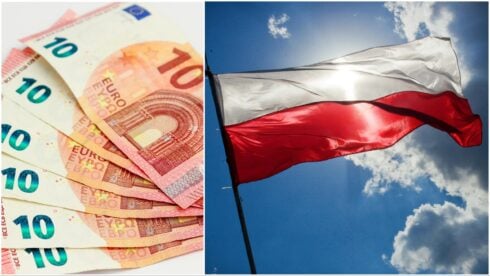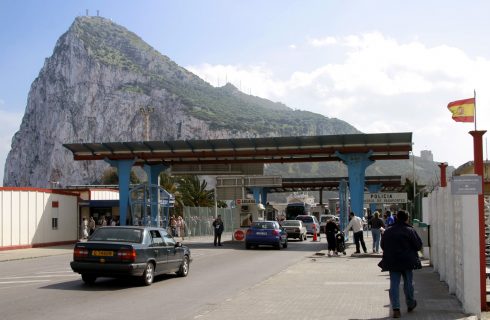THE Economic and Social Council (CES) has predicated that the Balearic Islands will suffer the biggest recession in its history due to the coronavirus crisis.
Economists at the CES have forecasted the impact of the pandemic on the economy in response to demands made from employers and unions.
Through undertaking a detailed study, the council analysed current trends to make three predictions for the region.
In Scenario 1, the most optimistic of the three, they estimate that between March 15 to 31, activity in the hospitality sector will be reduced by 50%, trade by 40%, and transportation by 40%.
In Scenario 2, they predict that up until June 15, activities in the tourism and hospitality sector will be reduced by between 60 and 80%.
Finally, in Scenario 3, they forecast that until June 30, trade will fall by 70% and activities in the hospitality and tourism sector will be reduced by up to 90%.
This means that the Gross Domestic Profit (GDP) will fall between -3.7 and -9.7% for 2020, a figure they say is unprecedented in the Balearic Islands’ history and could equate to losses of more than €3.2 billion.
In 2009, in the midst of the economic crisis, the GDP in the Balearic Islands stood at -3.9%.
However, the CES warns that the changing nature of the health crisis could result in a variety of consequences.
“As the pandemic evolves, we may experience the most drastic and fastest recession seen in over a century,” concluded the CES.
Last week, Fundacio Impulsa predicted that the tourism sector in the Balearic Islands would take a 1.8 billion hit between March and May, with more than 400,000 people being laid off.
Director and economist Antoni Riera explained that the region will be paralysed by COVID-19 at a time when it usually thrives and the consequences will be catastrophic for the islands.
Click here to read more Business & Finance News from The Olive Press.








